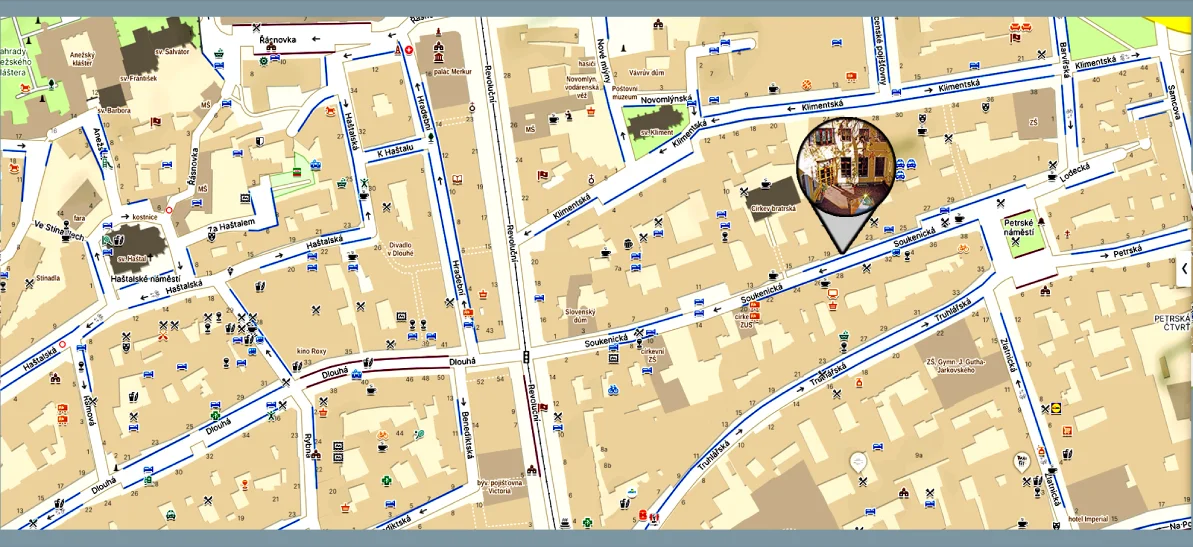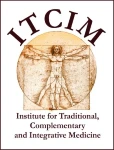
Miranda Ruchtie - Netherlands
Abstract of the presentation
Patients = Power
Branch: Homeopathy
Abstract for Practitioners Across Different TCIM/CAM Modalities: The Importance of Patient Involvement
Across Europe and the world, the future of homeopathy and other TCIM/CAM modalities depends on the active participation of patients. As the voice of over 10,000 patients using homeopathy through the European Federation of Homeopathic Patients' Associations (EFHPA), we emphasise the critical need to engage patients in advocacy, research, and policy-making processes for homeopathy and the whole TCIM/CAM sector.
For over 26 years, EFHPA has worked to create a network of patient organisations in 15 European countries, fostering connections and amplifying the voices of those who benefit from homeopathic treatments. In a world where homeopathy and other TCIM/CAM therapies often face criticism or doubt, it is the patients who keep them alive and growing. They're not just receiving care—they are the most passionate advocates, powerful voices, and key contributors driving TCIM/CAM forward.
Their personal stories help shift public and political perceptions, break through resistance, and influence healthcare policies. When patients are organised, they have a far greater impact—mobilising resources, engaging decision-makers, and amplifying awareness. Whether you practice acupuncture, herbal medicine, naturopathy, chiropractic, osteopathy, homeopathy, or another TCIM/CAM modality, one thing is clear: patients are practitioners' most powerful allies.
Empowering patients—through health literacy, advocacy, and financial support—ensures the growth and sustainability of homeopathy and other CAM modalities as a valuable healthcare choice. The strategic creation of patient associations can turn challenges into opportunities. Together, we can build a future where homeopathy and other TCIM/CAM modalities thrive globally, with patients at the heart of every effort.
Imagine what is possible when patients and practitioners stand together:
- Stronger public and political recognition
- Greater healthcare access and legitimacy
- More funding for research and public awareness
- A broader cultural shift toward holistic health
Patients are not optional partners—they are essential stakeholders.
Please note that some of the texts also include machine-generated translations.





